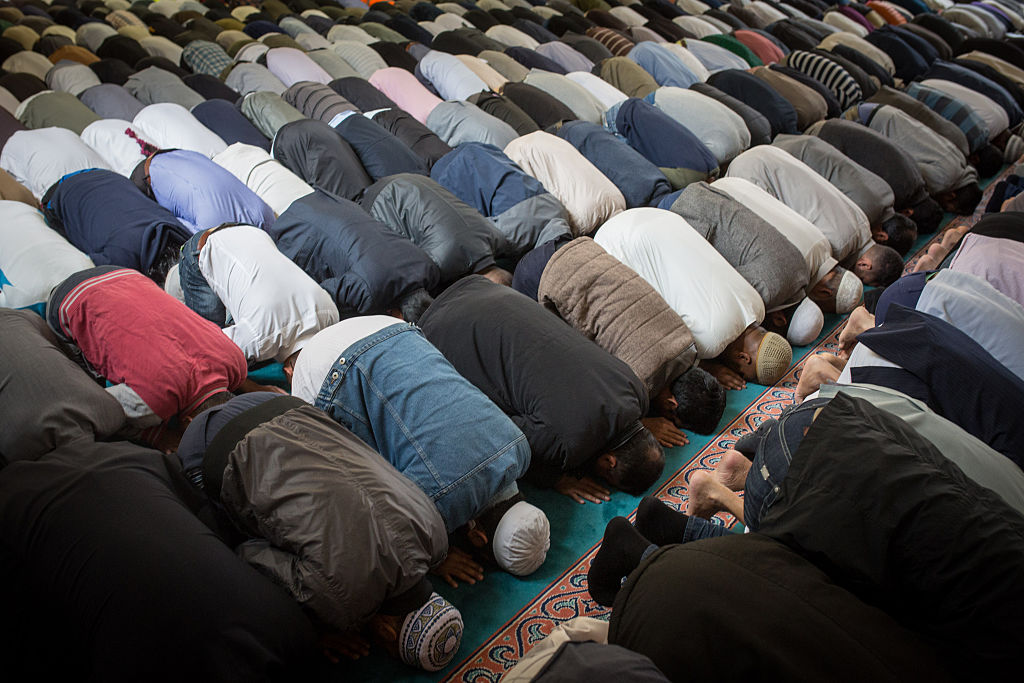On Sunday, in the hours after the London Bridge attack, Christians celebrated Pentecost – recalling when the Holy Spirit inspired the Apostles to come out of hiding and proclaim the Good News. In light of the terrorist atrocity, my parish priest spoke on the fruits of this Spirit – love, joy, peace, forbearance, kindness, goodness, faithfulness, gentleness, and self-control – as the correct response to such horror. It struck me that while we have become used to proclamations of Islam as the ‘religion of peace’, it’s this message which sets Christianity apart in the face of persecution, and many of us forget the impact that the peaceful philosophy of Christianity has had on the world as we know it today.
In the wake of the Manchester bombing, there was a row which showed clearly a key distinction between the Christian and Muslim faiths. Twitter came under fire for its perceived failure to quickly remove a tweet by an Isis supporter which read: ‘Face the people of kufr [non-believers] wherever you are and show Allah what He loves from you. Kill them wherever you find them’. Yet in the clamour for these words to be censored, what wasn’t mentioned was where these words actually came from: the Quran – or God’s word revealed to the Prophet Mohammed. Islamic scholars protest that this passage – outlining the correct way in which to fight a defensive war – is frequently taken out of context. As indeed it is, both by Islamophobes and Islamists, in that it does not condone the killing of innocents (though, in the modern world, that is sadly a very fluid concept).
But even within the context in which it was written, it is a grotesque sentence. Nothing even approaching its nature features anywhere in the Gospels. The most violent act Christ is recorded as having committed was overturning the tables of the moneychangers in the temple. Islam’s founding prophet, by contrast, conquered an empire. It is fair, too, for Islamic scholars to point out that Mohammed’s wars were ones of self-defence. Like Christ and the Apostles, Mohammed and his followers were persecuted by those around them, even when they established their own settlement in Medina. But here, too, the contrast is instructive. Christ and all ten of his remaining Apostles were murdered, inspiring through example a tradition of nonviolent resistance which over the proceeding three centuries would take over the very empire which had attempted to extinguish it. Two millennia later, it would also inspire Gandhi, Martin Luther King, and Nelson Mandela to affect real change in the world through peaceful means.
Likewise jihadis, who feel their faith is threatened in the same way embryonic Islam was in Mohammed’s day, are following the example of their own founding prophet. Indeed, if Theresa May wants us to have ‘difficult conversations’, we must also face up to the fact that Isis is faithfully recreating 7th century Islam. Mohammed did not only practice defensive war, for example, but also pre-emptive. In the final years of his life he conquered the remaining outposts of paganism in Arabia and forcibly converted their inhabitants to Islam before initiating a skirmish against the Eastern Roman Empire. His followers would continue this aggressive war until the fall of Constantinople in 1453.
This is a difficult conversation. But it is not one of condemnation. It is a call for Christians and secular humanists to extol the virtues of our faith and our society by example, through extending the Fruit of the Holy Spirit – love, joy, peace, forbearance, kindness, goodness, faithfulness, gentleness, and self-control – to all as explicitly Christian and proudly Western values.






Comments